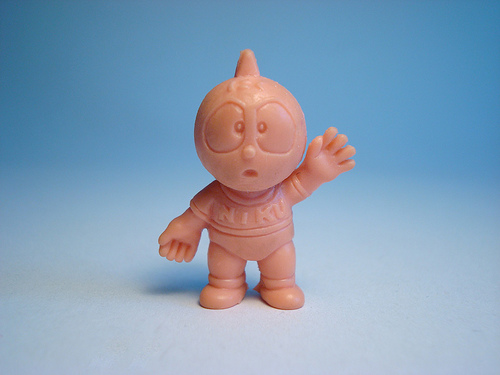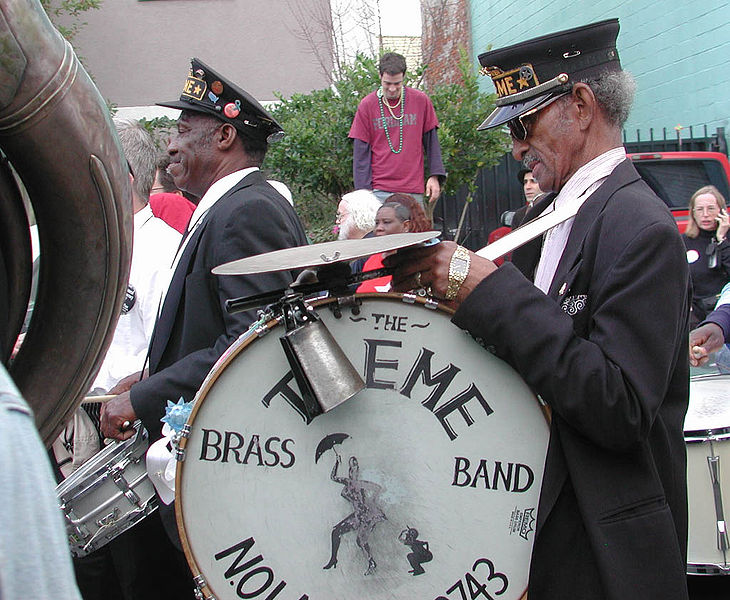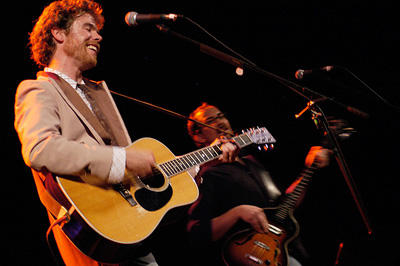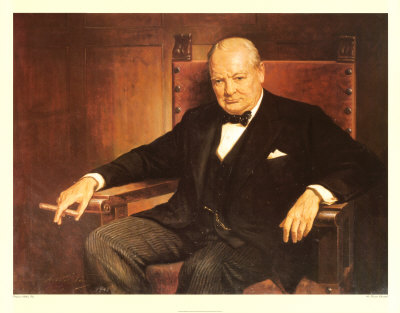Culture & Religion
All Stories
Orion Magazine tells the strange story of how bottlenose dolphins passed through Cold War brain experiments and LSD doses to fascinate and entertain humans.
Abou Farman writes about the art of the “Persian dub” in movies of the 1970’s where Western movies would get creative embellishments in dubbed translation.
Scientists have sequenced the Neanderthal genome, discovering it to be practically identical to that of humans. In fact, most humans can probably trace some of their DNA to Neanderthals.
Brendan Kiley looks at the history, meaning, and practice of suicide. “For most people, the subject is so taboo it’s hard to deal with—even among people who deal with suicide for a living.”
“By 2050, almost 70 percent of the world’s estimated 10 billion inhabitants—or more than the number of people living today—will be part of massive urban networks.”
Some winemakers and enthusiasts believe that wine tastes better on so-called “fruit” days—those days in the lunar calendar when water and saps rise.
“A growing body of evidence suggests that humans do have a rudimentary moral sense from the very start of life,” writes Paul Bloom. “Some sense of good and evil seems to be bred in the bone.”
“I remember I was reading Svevo, it was ‘The Confessions of Zeno’…And I looked—I was lying in bed and I looked down at the floor and there was a little […]
The feminist battleground, with its slogans, marches, and campaigns for reproductive rights, has given way to the playground and the fight for lactation rights, stroller rights, and birthing techniques.
Charles Murray says we should “finally acknowledge that standardized test scores are a terrible way to decide whether one school is better than another.”
“How did we get to the point where just about every new classical dance is meaningless?” asks Laura Jacobs. She thinks premieres today all feel derivative of Forsythe, Tharp, or Martins—or trade in clichés.
“The outlets for vindictiveness have multiplied almost to infinity—and your reputation is more fragile than ever,” writes Jeffrey Zaslow. “All of us now live under the threat of easy and instant humiliation.”
After watching a few episodes of the new HBO show Treme, I have discovered that even though I am African American, I seem to have more in common with Creighton […]
Atheism makes for “great blood sport“—at least that is what writer Yann Martel believes. But the writer is far more interested in what cannot be reasoned, and in his Big […]
A growing number of artists are “rummaging through the life sciences in search of materials, ideas, cosmic verities, tragicomic homilies, personal agency, a personal agent, a way to stand out in the crowd.”
“How could a writer whose prose breathed in life so fully take his own?” asks Michael O’Donnell of David Foster Wallace. A new book tries to illuminate the writer via a five-day road trip.
When it comes to compliments “we often hear what we want to hear,” writes Elizabeth Bernstein. If we are feeling secure it’s easy to register the praise, but not in times of self-doubt.
Today Big Think is pleased to welcome the very talented Maria Popova, of Brain Pickings fame, to our regular blogging team. Known for “curating eclectic interestingness” from around (and beyond) […]
“The idea of America is that we all have our own unique voices…and that’s the same as guitar.Guitar is not an instrument that’s stuck in a canon, or stuck in […]
“The secret of excellent proofreading is caring intensely about getting things right and loathing error with an intensity that perhaps only fascism or an alimony-collecting ex-wife deserves,” writes Joseph Epstein.
“The age-old atavistic lust for war … never really goes away,” writes Evan Thomas. “It is too fundamental to the male psyche.”
“The proper function of spies is to remind those who rely on spies that the kinds of thing found out by spies can’t be trusted,” notes Malcolm Gladwell.
Recent research suggests that people all over the world might be modeling themselves after characters on soap operas—and that their lives are improved as a result.
We love our American President for his gift with words, and we learn from him in how he uses them—in articulating war, in assailing Wall Street, or even in making […]
When did Foucault and Derrida replace Trilling and Eliot? And why do literature students look to philosophers rather than literary critics in the first place?
Almost everyone cheers for the underdog, but why? Turns out it may be to maximize our pleasure and psychological gain when watching sports events.
The eternal quest for self knowledge has entered the realm of cold data collection: statistics to make our personal lives more calculable and efficient.
“I am an optimist,” Brazilian-born artist Romero Britto writes in the introduction to his new book Happy! “I know that isn’t a common trait to have these days, but I […]
The first project Brian Henson worked on with his father, Muppets creator Jim Henson, was a scene in “The Great Muppet Caper” where Kermit and Miss Piggy are riding bicycles […]
What is the future role of the world’s great libraries, and librarians? Harvard Magazine considers what will become of one University’s vast collections in the age of digitization, and finds […]








